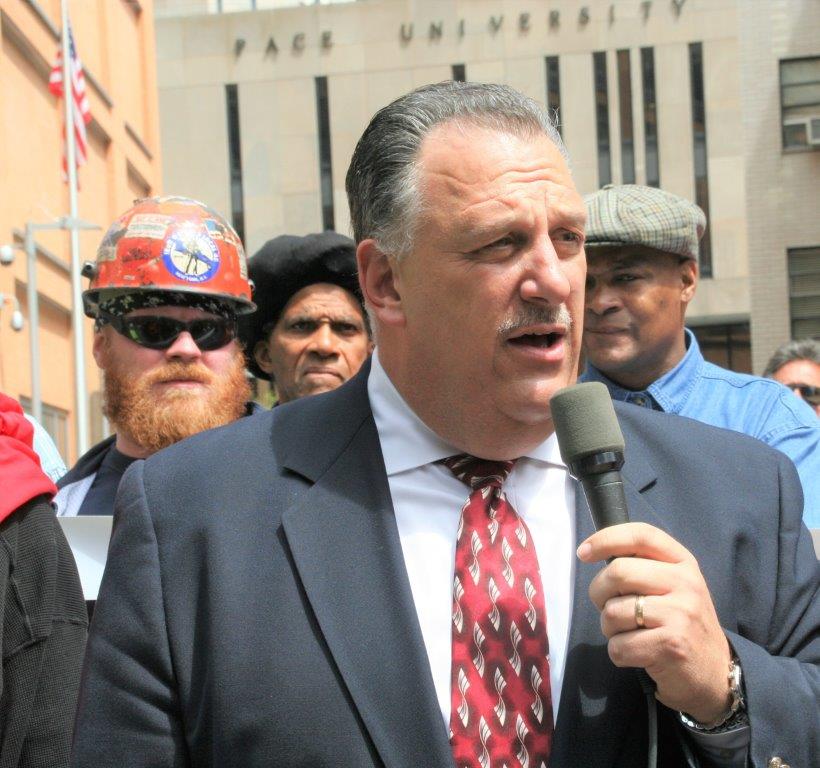New York, NY – When we approach the subject of worker mental health and wellness, it is important to address one of the greatest challenges we face in the workplace. The Diagnostic and Statistical Manual of Mental Disorders (DSM-5) may not list burnout as a diagnosis, but burnout is a mental health problem in our workforce, nonetheless.

By definition, burnout is a state of emotional and physical exhaustion which is caused by prolonged stress. This can come from taking on too much at once, or from a poor work environment. Now more than ever, burnout can be related to the way employers are addressing a post-pandemic return to the workplace. Case in point, for essential workers who remained on the job, the return of other staffers to the workplace can be unsettling. This is especially true for high-risk workers whose remote experience with Covid-19 has led to post traumatic stress disorder.
The causes of burnout can be linked to dysfunctional work environments or a work/life imbalance. Other contributing factors could be blurred job expectations and work details that bleed into other departments. Indeed, the most common form of burnout can happen when taking on too much and experiencing a lack of support.
Burnout and workplace stress often lead to reduced performance, lowered productivity, anxiety, fatigue, lack of interest, detachment or lack of connection, poor moods and self-sabotage. Other symptoms can literally become physical and beyond exhausting. However, there are helpful ways to alleviate the problem.
I continue to say, ‘We have to stop treating the heart attack after it happens and start treating it before the heart attack begins.’ It is important to understand that healthy boundaries are essential for good working relationships. Time management, together with a healthy balance of work-life and home-life priorities, is vital.
Fortunately, unions have taken notice of this problem, which is why we have an agreement to not only protect our physical and financial safety, but a contract that values our mental health and personal safety as well.
We have to find time for rest and recovery. As a person who punches a clock and understands the value of extra money and the need for overtime wages, I get how easy it is to be overworked. It’s easy to lose sight of this when chasing the tail of the almighty dollar. That chase never ends well. Burnout can easily result in taking sick days, sapping the value of any extra money we might earn. The whole thing becomes counterproductive.
However, the remedies for burnout can be a lot more accessible than we might assume. Remember to take time for yourself. Eat well. Rest well. Find time to exercise and above all things, take care of yourself. You’re the only “YOU” you’ll ever have.
Ben Kimmel is a proud member of the IUOE Local 94, as well as an Author, Writer on thewrittenaddiction.com, Mental Health First Aid Instructor, Wellbeing and DEI Content Provider, Certified Addiction and Recovery Coach, Certified Professional Life Coach, and Peer & Wellness Advocate. Ben can be reached at bennyk1972@gmail.com







